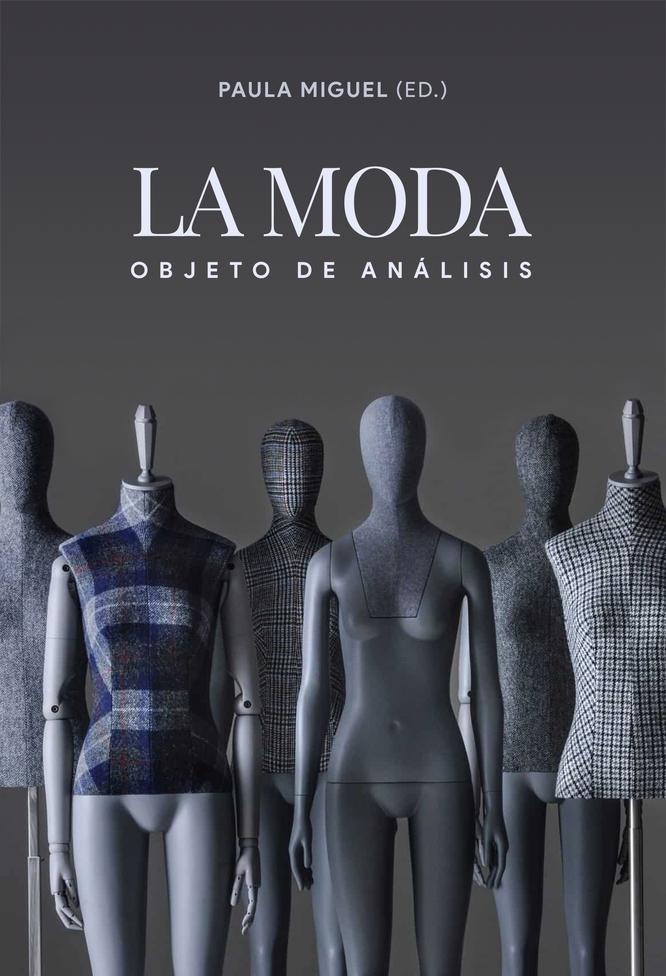Fashion as economic inclusion includes the first stage of underwear e-commerce
Fashion has always been a vehicle of expression personal and collective identity, but also in recent years a global movement for female empowerment has emerged through different brands . On this occasion, in "La Nueva Empresa", the space for conscious capitalism of the Lucha movement and the Gestión brand, Salem and Schwalb gave details of the initiative.
Gender violence is a very big problem in Latin America and especially in Peru, where seven out of ten women suffer some form of gender violence throughout their lives.
In this context, KarenSchwarz.pe was born in the Lucha movement, a project that seeks to promote self-love as a path to female empowerment through its products, in order to contribute to gender equality.
Salem explained how the idea of the Karen Schwarz brand in favor of gender equality was born: “Karen Schwarz long ago had the illusion of launching her clothing brand, but she wanted it to have a purpose behind it, a reason to exist. Through her relationship with Lucha, Schwarz got to know Juntas and loved the subject, and the idea of making that company that fights for gender equality began to be born, ”said Salem.

The initial pilot is based on a seamless underwear e-commerce platform that donates 10% of its income to Juntas, a social enterprise dedicated to bringing Comprehensive Sexual Education (ESI) to children and adolescents from Peru.
“ESI is not just about sexuality, it also teaches children about respect and healthy relationships with others and with yourself. ESI helps prevent girls from finding themselves in risky situations and that they know how to set limits and value themselves,” Salem mentioned.
In addition to education, which seeks to prevent violence, this company combines economic inclusion and women's empowerment in accordance with the United Nations Sustainable Development Goals (SDG) such as gender equality, decent work and reduction of inequalities. “We have a plan for the future to hire women to make the garments and to sell the garments as well. Our idea is to look for local production workshops led by women, and link up with organizations that already work with women at risk to include them in our production and sale”, explained Schwalb.
In addition, the company seeks to be aware beyond the social impact, seeking to minimize its environmental impact, without being exclusive in terms of prices: “we want to buy organic and stay 'green', but always considering the price and that everyone can buy it,” Schwalb said.
“Not only is there talk of recycled or ecological fibers, sustainability is much more impressive when you start with the consumer, teaching them that you have to buy things that will last, and that you have to take care of your clothes, and not fall in consumerism” he added.

